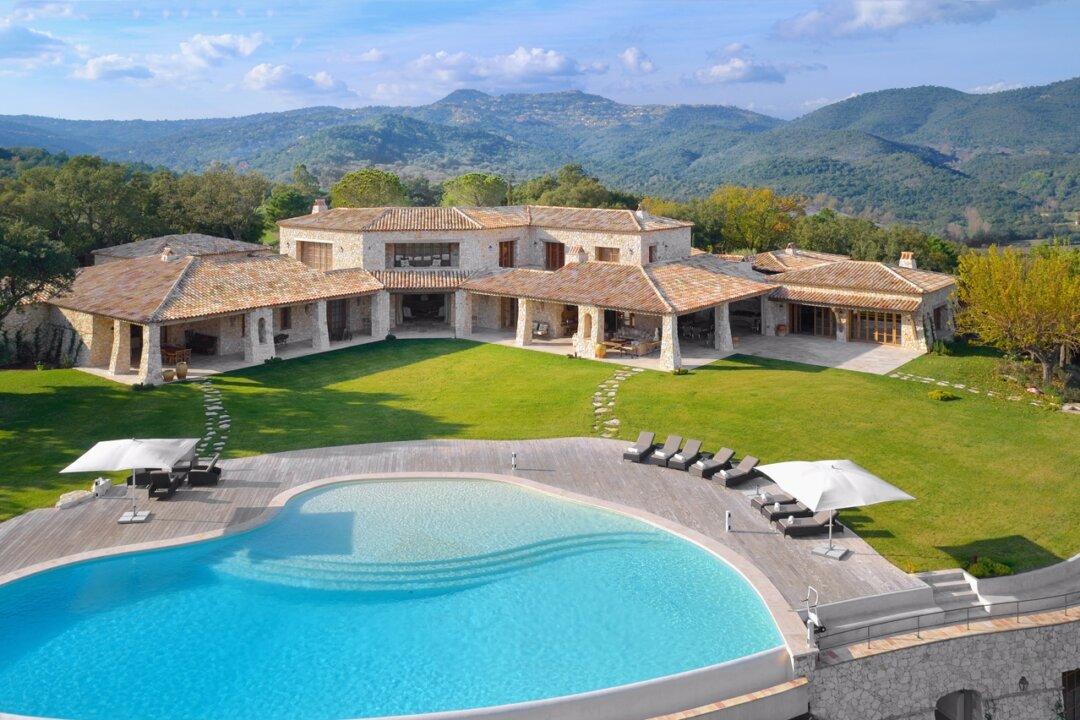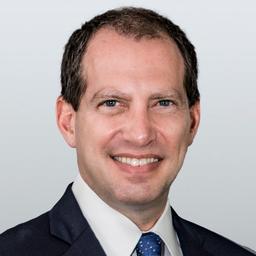Commentary
Most of the wealthiest families in the country manage their assets through a structure called a family office. While each family office is different, most of them have in-house accounting for all family assets, tax planning, risk evaluation and control, and succession planning for family wealth and businesses. The best ones do their own financial and investment analysis comparable to what you’d see at a hedge fund or private equity firm. The very best ones think carefully about how to prepare coming generations for the responsibility of stewardship, and how to caution them against excessive consumption and wasted lives.





